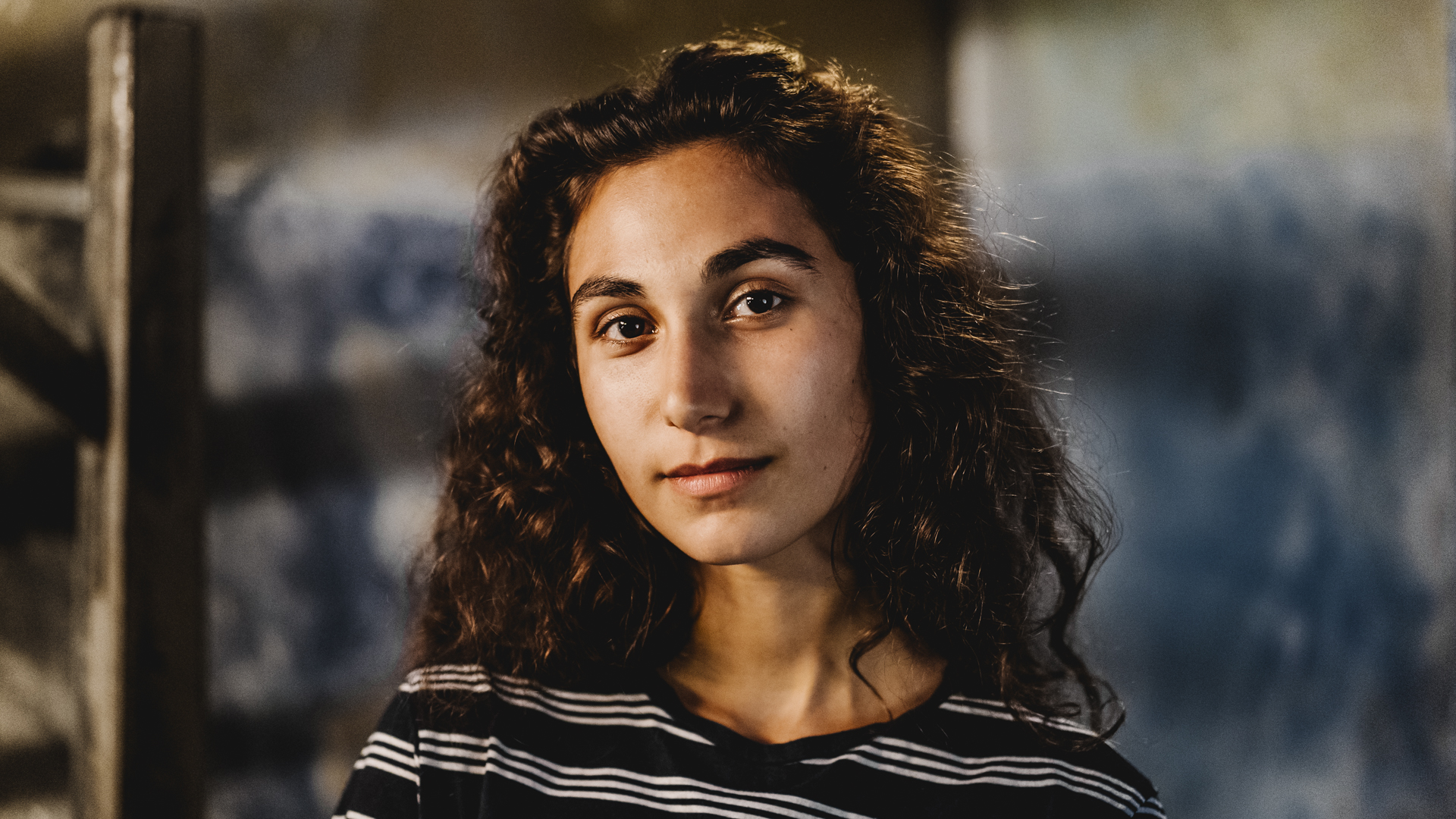My Jewish Nose
Kashmira Mohamed ZagOr, 18, London
“You see that boy? He’s one of your mob.”
When looking, I might see a kid with curly hair, olive skin and a larger than average nose. A stereotype that seemed to ring true in my case. Once I even remember fighting with friends, saying: “What even is a Jewish nose anyway?”
Identity and culture; two complex issues that can often be mixed with a feeling of shame, especially when you’re a minority within your community. What about you? Where do you fit? What parts of yourself have you battled with, shied away from?
With a culturally Muslim last name and skin darker than most, I confused other children, even within the Jewish community. At an early age you learn to define yourself and those around you, but I was less easy to box, so to speak.
When you’re little your points of reference are as little as you are, and as the only Jewish child in my primary school class I felt very alone. I grew up in a small Australian city, with an even smaller Jewish population.
Remember as a child, how lonely it was to feel different? I felt like I couldn’t celebrate my difference for a long time because it was too isolating.
Because of this, I learnt to opt out of identifying as Jewish when it was convenient to do so. It’s something I suppose we all do, to varying degrees. We may alter our accents, names or appearances to feel less on the outside. But even having the choice to opt out without any strict consequences is a privilege that isn’t afforded to everyone.
Less than a century ago I might not have had that choice; a golden Star of David could’ve been pinned to my chest, branding me, endangering my life. And unfortunately, persecution, brutality and hatred are still at large, and although I am not at risk, there are people within our global community who are.
We studied the Holocaust when I was 14, and all of a sudden and without my permission, my Jewish heritage became a point of fascination to my peers and teachers. I remember being asked to talk about what Judaism meant to me. I stood, shaking in front of my classmates stuttering through words I didn’t understand, answering questions I didn’t know how to answer.
The Holocaust was harder to come to terms with than I could have ever imagined. It took me by surprise just how personal the issue felt, how viscerally I connected with the stories I was told. I think that’s what struck me the most: I was shown through my own pain how far identity stretches, that I could feel connected to faces and names of people I’d never known. I learnt that who we are is not always an individual matter; we are connected to the stories and histories of entire communities.
In my final year of school I had to ask a friend to change their offensive Instagram name. So tell me, what would you do? Faced with a socially uncomfortable situation, it would be easiest to ignore the issue, surely. No one is fond of confrontation. But, as I stood explaining why it was inappropriate, I felt protective, and proud, of my Jewish heritage. So I was glad to speak up. We shouldn’t feel afraid to do so.
Identity is a continuous process of discovery and empathy. It seems we can forget that despite our differences, we are all human. In a world of post-truth, hate-fuelled politics and high fences on borders it is important to embrace ourselves and those around us for our differences. They should be celebrated, not used as ways to divide us further.
The truth is, we can all be many things at once. Daughter, partner, student, actor; an endless list to change and grow. We may never reach any conclusions, but can endeavour to understand as much as we can.
Kashmira is a member of our Young Leaders programme. The Almeida Young Leaders is a scheme giving young people with something vital to say the tools and platform to do so. Each young leader has been mentored by a writer and director to develop their ideas, structuring a speech and skills in public speaking.
